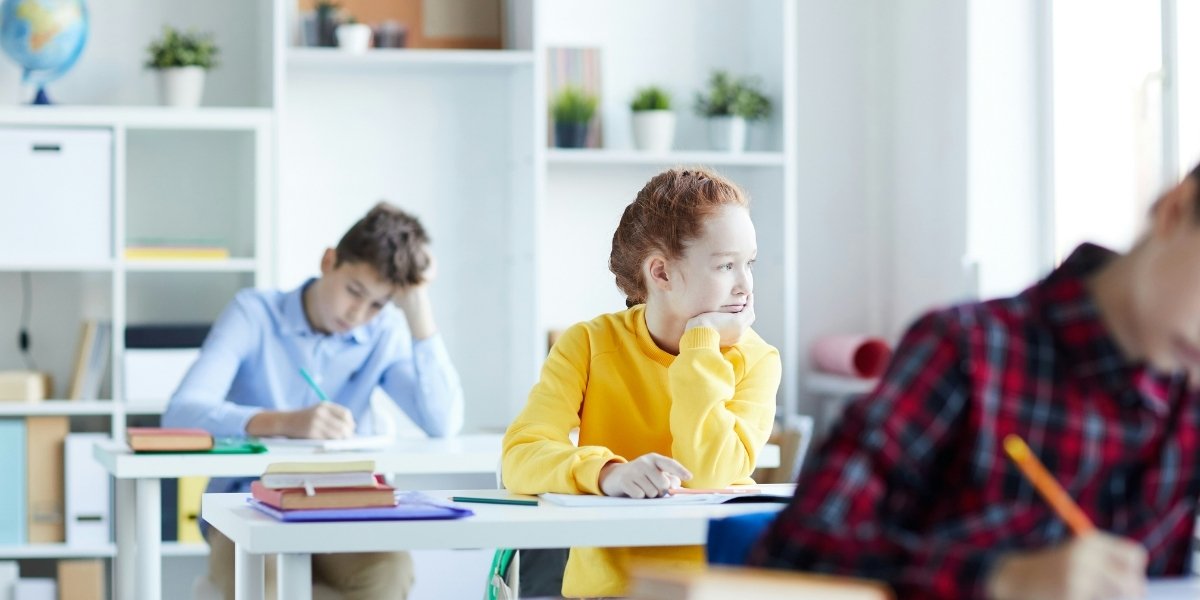The connection between social media use and adolescent mental health has been the subject of extensive research and discussion. Some studies suggest that adolescents who engage with social media platforms for extended periods may experience heightened risks of mental health challenges, including symptoms of depression and anxiety. However, it’s important to note that these findings indicate associations rather than direct causation. Social media use is one of several factors that can influence adolescent mental health, and individual experiences may vary widely.
Read also: How Resentment Impacts Mental Health
What Are The Potential Negative Effects Of Social Media On Teenagers?
Excessive engagement with social media has been linked to various challenges among teenagers. One area of concern involves sleep patterns; research indicates that prolonged screen time, particularly before bedtime, can lead to reduced sleep quality, which is closely associated with emotional health issues in adolescents.
Additionally, the tendency for teens to compare themselves to curated images and lifestyles presented online may contribute to diminished self-esteem and increased feelings of inadequacy. The interactive nature of social media also means that adolescents might seek validation through likes and comments, potentially affecting their self-worth and mood. Furthermore, the anonymity afforded by online platforms can sometimes lead to harmful interactions, such as cyberbullying, which can contribute to stress and anxiety among young users.
Can Social Media Have Positive Impacts On Adolescent Well-Being?
While challenges exist, social media also offers potential benefits. Many adolescents use these platforms to maintain connections with friends and family, access educational resources, and engage with supportive communities. For some, especially those feeling isolated, online interactions can provide a sense of belonging and support.
Moreover, social media can serve as a creative outlet, allowing teens to express themselves and explore their identities. The key lies in balanced usage and critical engagement with content.
How Do Gender Differences Influence The Impact Of Social Media?
Research suggests that the effects of social media can vary between genders. Some studies have found that adolescent girls may be more susceptible to certain negative aspects of social media, such as appearance-related comparisons, which can impact self-esteem and body image. Boys, while also affected, might experience these influences differently. Understanding these differences is crucial for developing targeted interventions and support strategies.
What Role Do Parents And Guardians Play In Mediating Social Media Use?
Parental involvement is vital in helping adolescents navigate the digital landscape. Open communication about online experiences can encourage teens to share concerns and seek guidance when needed. Establishing boundaries, such as setting limits on screen time and ensuring devices are not used during meals or before bedtime, can promote healthier habits. Additionally, parents can encourage participation in offline activities to provide a balanced range of experiences.
Are There Broader Societal Implications Of Adolescent Social Media Use?
The widespread use of social media among adolescents has prompted discussions about its broader societal impacts. Policymakers and educators are considering measures to address potential risks, such as implementing digital literacy programs in schools and exploring regulations to protect young users. These efforts aim to create a safer online environment while acknowledging the integral role of social media in modern communication.
How Can Adolescents Use Social Media More Mindfully?
Encouraging mindful use of social media involves promoting self-awareness and critical thinking. Adolescents can be guided to curate their feeds to include positive and diverse content, take regular breaks from screens, and reflect on their emotional responses to online interactions. By fostering an intentional approach, teens can mitigate some of the negative effects associated with social media use.
Read also: Music’s Influence on Emotional and Mental Balance
What Steps Can Schools Take To Support Healthy Social Media Habits?
Educational institutions can play a pivotal role by integrating digital literacy into their curricula. Teaching students about the potential impacts of social media, both positive and negative, equips them with the tools to navigate online spaces responsibly. Schools can also provide resources for mental health support and create environments where students feel comfortable discussing their online experiences.








